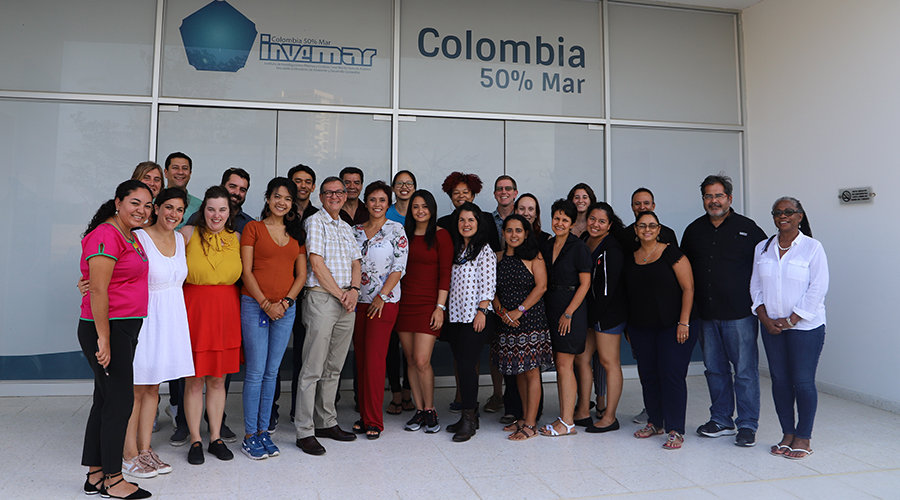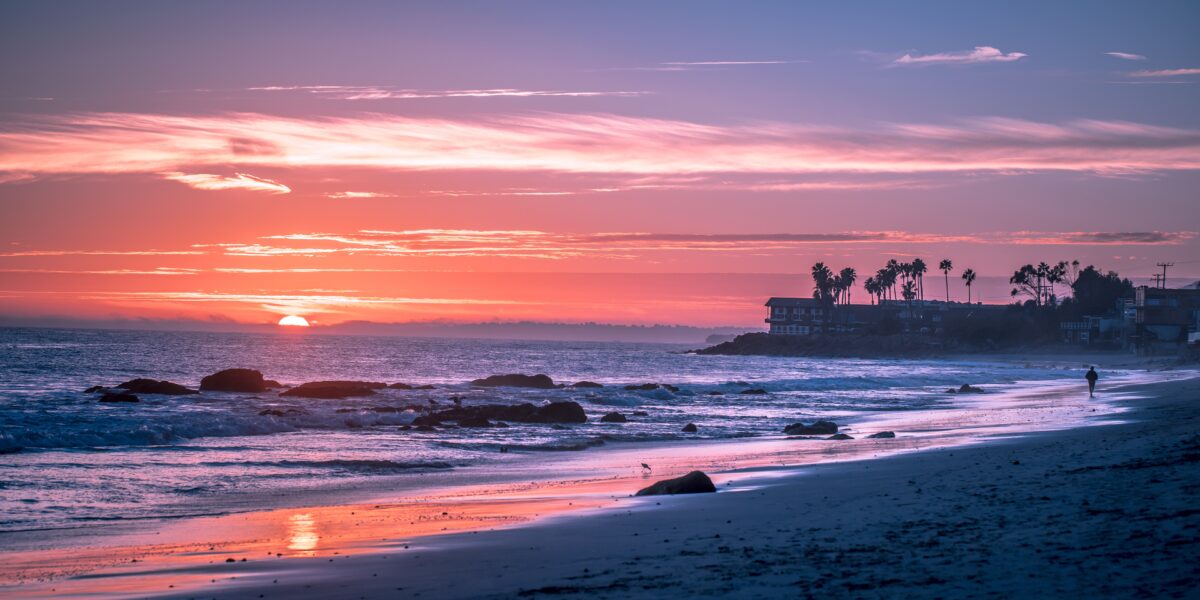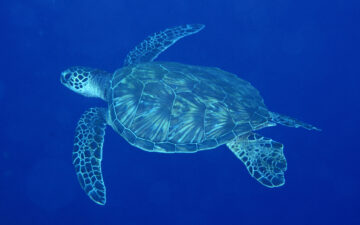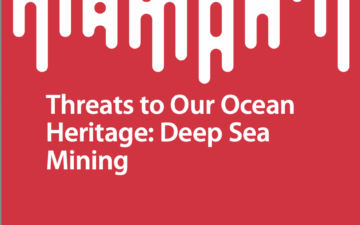As we start the new year, we are also heading into the third decade of The Ocean Foundation, so we have spent a lot of time thinking about the future. For 2021, I see the big tasks ahead when it comes to restoring abundance to the ocean—tasks that will need everyone across our community and beyond to be completed. The threats to the ocean are well known, as are many of the solutions. As I often say, the simplistic answer is “Take less good stuff out, put no bad stuff in.” Of course, the doing is more complicated than the saying.
Including Everyone Equitably: I have to begin with diversity, equity, inclusion, and justice. Looking at how we manage our ocean resources and how we allocate access through the lens of equity generally means that we are going to be doing less harm to the ocean and its resources, while assuring greater social, environmental, and economic stability to the most vulnerable communities. Thus, priority one is ensuring that we are implementing equitable practices in all facets of our work, from funding and distribution to conservation actions. And one cannot consider these issues without integrating the consequences of greenhouse gas emissions into the discussion.
Marine Science is Real: January 2021 also marks the launch of the UN Decade of Ocean Science for Sustainable Development (Decade), a global partnership to help further the goals of SDG 14. The Ocean Foundation, as the only community foundation for the ocean, is committed to the implementation of the Decade and to ensuring that ALL coastal nations have access to the science they need for the ocean they want. The Ocean Foundation has donated staff time in support of the Decade and is poised to launch additional programs to aid the Decade, including setting up pooled philanthropic funds for “EquiSea: The Ocean Science Fund for All” and “Friends of the UN Decade.” In addition, we have been fostering non-government and philanthropic engagement with this global effort. Finally, we are embarking on a formal partnership with NOAA to cooperate on international and national scientific efforts to advance research, conservation and our understanding of the global ocean.

Adapting and Protecting: Working with communities to design and implement solutions that help mitigate the harm is task three. 2020 brought a record number of Atlantic storms, including some of the most powerful hurricanes the region has ever seen, and a record number of disasters that caused more than a billion dollars in harm to human infrastructure, even as priceless natural resources were also damaged or destroyed. From Central America to the Philippines, on every continent, in almost every US state, we saw just how damaging the effects of climate change can be. This task is both daunting and inspiring—we have the opportunity to help coastal and other affected communities rebuild (or judiciously relocate) their infrastructure and restore their natural buffers and other systems. We focus our efforts through The Ocean Foundation’s Blue Resilience Initiative and the CariMar Initiative among others. Among these efforts, we are working with partners to build a Climate Strong Islands Network to work towards restoring nature-based climate resilience of sea grasses, mangroves and salt marshes.
Ocean Acidification: Ocean acidification is a challenge that gets bigger every year. The TOF International Ocean Acidification Initiative (IOAI) is designed to help coastal nations monitor their waters, identify mitigation strategies, and implement policies to help make their nations less vulnerable to the effects of ocean acidification. January 8th, 2021 marks the third annual Ocean Acidification Day of Action, and The Ocean Foundation is proud to stand with its global network of partners to celebrate the accomplishment of our collective efforts to mitigate and monitor the effects of ocean acidification on our local communities. The Ocean Foundation has invested more than USD$3m in addressing ocean acidification, establishing new monitoring programs in 16 countries, creating new regional resolutions to enhance cooperation, and designing new low-cost systems to improve the equitable distribution of ocean acidification research capacity. IOAI partners in Mexico are developing a first ever national ocean science data repository to strengthen ocean acidification monitoring and ocean health. In Ecuador, partners in the Galapagos are studying how ecosystems surrounding natural CO2 vents are adapting to lower pH, giving us insight into future ocean conditions.
Make a Blue Shift: Recognizing that a major focus in every nation will be post-COVID-19 economic recovery and resiliency for the foreseeable future, a Blue Shift to rebuild better, and more sustainably is timely. Because almost all governments are pushing to include aid for the economy and for job creation in coronavirus response packages, it is important to underscore the built in economic and community benefits of a sustainable Blue Economy. When our economic activity is ready to resume, we must collectively make sure business continues without the same destructive practices that will ultimately hurt humans and the environment alike. Our vision of a new Blue Economy focuses on the industries (such as fisheries and tourism) that rely upon healthy coastal eco-systems, as well as those that create jobs associated with specific restoration programs, and those that sustainably create financial benefits coastal nations.
This task is both daunting and inspiring—we have the opportunity to help coastal and other affected communities rebuild (or judiciously relocate) their infrastructure and restore their natural buffers and other systems.
Change begins with us. In an earlier blog, I talked about the fundamental decisions to reduce the negative effects of our own activities on the ocean—particularly around travel . So here I am going to add that everyone of us can help. We can be mindful of consumption and the carbon footprint of everything we do. We can prevent plastic waste and reduce the incentives for its production. We at TOF have been focused on policy remedies and the idea that we need to establish a hierarchy of plastics—finding real alternatives to the unnecessary and simplifying the polymers used for necessary applications—changing plastic itself from Complex, Customized & Contaminated to Safe, Simple & Standardized.
It is true that the political will to implement policies that are good for the ocean depends on all of us, and must include recognizing the voices of everyone who is adversely affected and working to find just solutions that do not leave us where we are—in a place where the greatest harms to the ocean are also the greatest harms to vulnerable communities. The ‘to do” list is big—but we start 2021 with a lot of optimism that the public will is there to restore health and abundance to our ocean.





